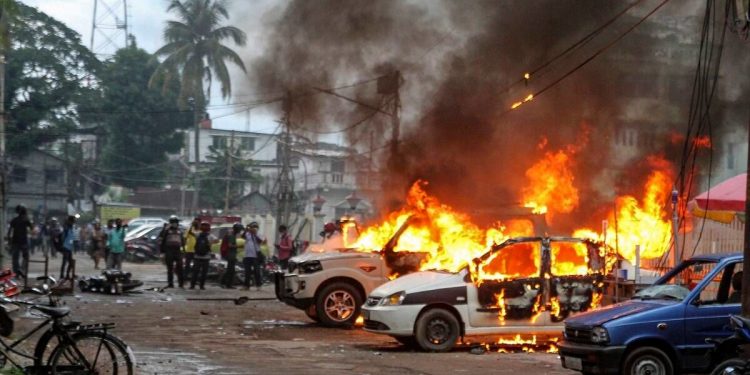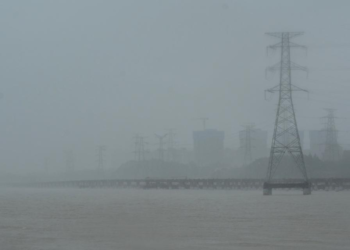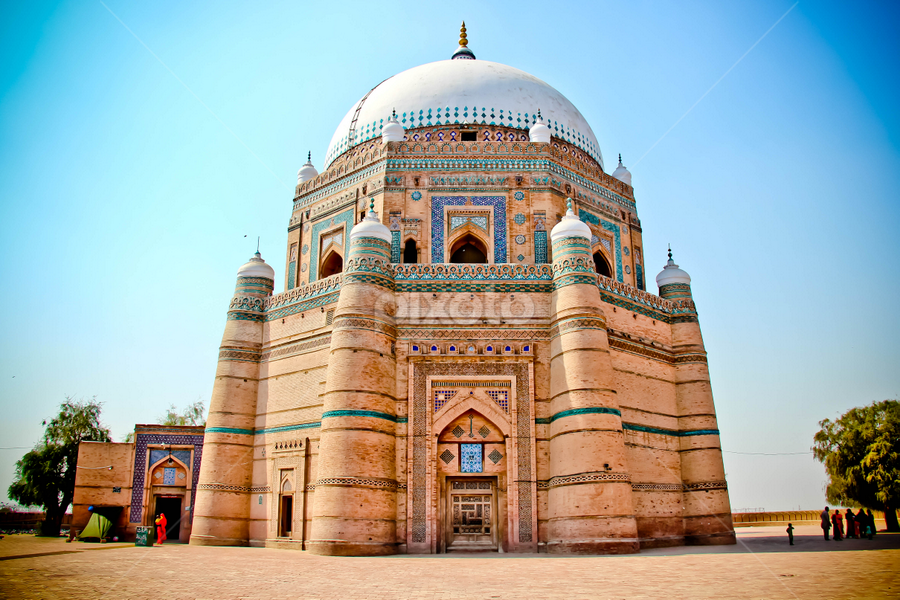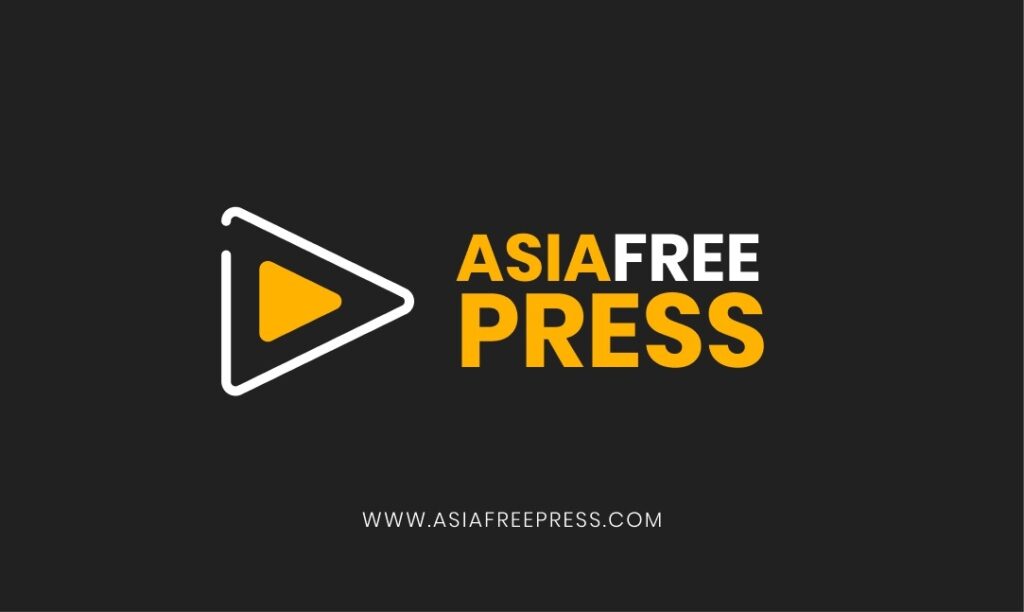The ruling Bhartiya Janta Party (BJP) had earlier promised in its 2019 election manifesto to provide a natural home to the oppressed religious minorities who migrated to India from its neighbouring countries, whoever currently the ground situation is telling otherwise as the oppressed religious minorities, especially Muslims are facing more troubles. Today Muslims in India are facing the worst form of persecution.
India’s toxic political discourse, in which RSS backed BJP leaders frequently demonise the Muslim minority groups, has fuelled a disturbing rise in intolerance and violence. In the last two years, vigilante groups and majoritarian mobs have increasingly attacked Muslim minorities, leaving activists and human rights defenders often with impunity.
Since the landslide electoral victories of ultranationalist Bhartiya Janta Party (BJP) in 2014 & 2019, the consequences in the form of severe polarisation have grown ever worrisome. In the subsequent term of 2019, an outright majority in Lok Sabha elections, the country witnessed an unprecedented level of polarisation.
Much controversial Citizenship Amendment Act (CAA) was passed on 11th December 2019 by the Indian Parliament, which aimed at providing Indian citizenship to the oppressed minorities belonging to Afghanistan, Pakistan and Bangladesh. The migrants must be Hindus, Sikhs, Buddhists, Jains, Parsis or Christians and have arrived in India before 31st December 2014, the bill added.
A large scale criticism from various quarters for Muslims being excluded from the list of beneficiaries is sheer discrimination based on religion. The Act has also come under criticism for not including religious minorities from India’s neighbours, particularly Myanmar, Srilanka and Tibet.
The enactment of this Act led to large scale protests across India. The protests erupted immediately a day after the CAB was passed in Assam, Aligarh, the capital of India New Delhi, notably Shaheen Bagh and Jaffarabad. During the protests, people from all walks of life participated in the peaceful protests; however, the police carried out violent raids at multiple places, particularly at Jamia Millia Islamia library, during which tear gas shells were fired, the protesting students were beaten inside the Jamia campus. Rampant arrests were made to curb the protests; almost 3000 people had arrested, which included activists, students, people from civil society, including women.
In the aftermath of the protests, which started in December 2019, the ultranationalist Hindu mobs attacked the Muslims in the North-East region of Delhi, which was a hotbed of Anti-CAA protests, which resulted in the killing of fifty-three people and two hundred people were injured. Several hundreds of Muslims were rendered homeless.
Amid the peaceful protests by Muslims against this bill, the Hindu mob backed by BJP in February 2020 attacked the Muslim protesters, during which 53 people have killed 2/3 rd of which were Muslims who were shot at, slashed with repeated blows or their property was set ablaze. The properties destroyed were disproportionately Muslim owned and included dozens of masjids that were set ablaze by Hindu rioters.
With utter shame, the majority of parliamentarians belonging to the ruling BJP defended enactment of this Act by their Govt. who used disproportionate force and resorted to hate speech publicly. Even some of the sitting cabinet members of the Modi Govt. justified mob violence against Muslims by dogmatic Hindus to achieve the idea of greater India.
The Geneva-based OHCHR issued a statement against the onslaught of Muslims in India and announced that it plans to file a petition in Indian Supreme Court, asking to be impleaded in the petitions challenging the CAA. The Civil societies, along with many Muslim groups, had immediately filed around 150 petitions seeking to examine the constitutional validity of the Citizenship Amendment Act. During a hearing in January 2020, the Supreme Court refused to stay the legislation and gave the court four weeks to respond to the petitions.
The main organiser of the events, Ashwini Upadhyay, a Supreme Court lawyer and former spokesperson of right-wing BJP, openly calls for genocide of Indian Muslims. (He was referring to the violence after the Bengal assembly elections). He further said, “Like Kashmir, no one will be arrested in Bengal too”, the mob surrounding him chanted,’ desh drohion ko phansi do”, hang the traitors.
In 2019, Dr Gregory H Senton issued a genocide alert for India and Indian occupied Jammu & Kashmir. It was worth mentioning here that the ultra-nationalist right-wing politics in India had witnessed a downfall after the Indian national congress (INC) led United Progressive Alliance (UPA) dominated two terms on Parliamentary Elections 2004 – 2014. It was in 2014 the right-wing BJP, with grassroots effort of the 45000 nationwide branches of the RSS, the militantly Hindu cultural nationalist parent organisation of the BJP, enthused by one of their own, also helped convert a groundswell of dissatisfaction with the inept and listless governing Congress party.
Partisan attacks on India’s independent political institutions have intensified, opposition parties have become extremely wary of defending pluralism and secularism, and hatred and violence against minority communities have flared up.
The BJP’s vision paper with Hindu nationalist policies emboldened the voters. In August 2019, just days after beginning its second term, the Modi led Govt. passed the legislation criminalising the long-standing practice of triple talaq, which was followed by abrogation of Article 370 of the Indian constitution, which gave semi-autonomous status to the Un-recognised disputed territory of Jammu & Kashmir the Modi Govt’s most polarising decision, however, was the enactment of Citizenship Amendment Act, 2019. This Act seeks to legally establish Muslims, the largest minority community, as second class citizens of India by giving preferential treatment to other groups.
Notably, the number of hate crimes against Muslims related to the issues of cow slaughter, love jihad, racial slur during the spread of Covid has risen sharply since the Indian Muslims protested against the controversial CAA bill.
Currently, tension prevails in India’s north-eastern state of Tripura following attacks on mosques and properties owned by Muslims. The violence followed clashes between Hindu groups and the police. The groups were protesting against the police refusing them permission to hold a rally against recent attacks on Hindus in neighbouring Bangladesh. At least seven people were killed, temples desecrated and hundreds of houses and businesses of the Hindu minority torched in Bangladesh earlier this month after rumours spread that the Quran had been desecrated at a special pavilion set up for the annual Hindu religious festival of Durga Puja.




















